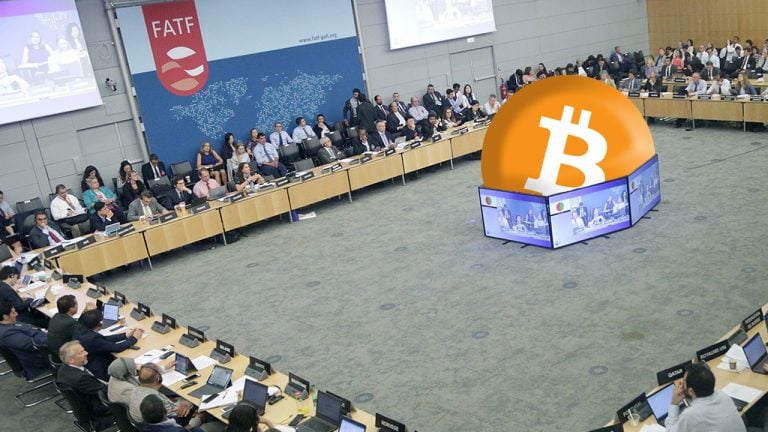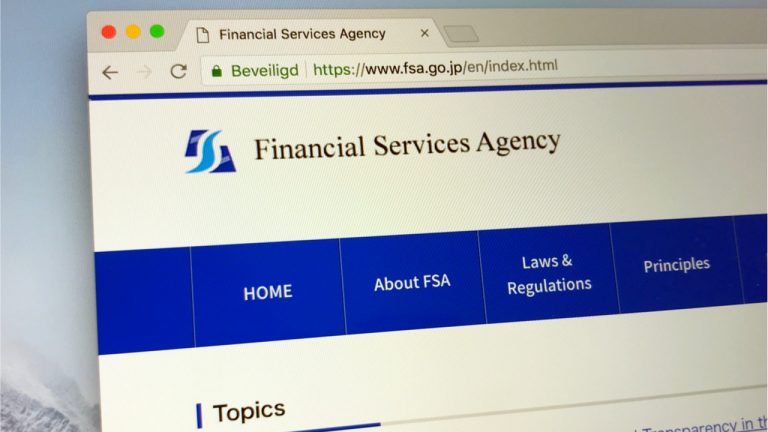
ECLAC executive secretary stressed that there is no study yet that would have investigated potential risks or benefits of El Salvador accepting BTC as legal tender.
The Economic Commission for Latin America and the Caribbean, or ECLAC, a United Nations’ regional commission to encourage economic cooperation, is the latest regulator to raise concerns about El Salvador’s decision to accept Bitcoin (BTC) as legal tender.
ECLAC executive secretary Alicia Bárcena has warned that El Salvador’s Bitcoin move poses a number of systemic risks as well as risks related to money laundering, local news agency Diario El Mundo reported Friday.
Bárcena emphasized that there is no study yet that would have investigated potential risks or benefits of El Salvador accepting BTC as legal tender. She expressed confidence that El Salvador is likely to face scrutiny and risks from the Financial Action Task Force, or FATF, regarding its decision to move into Bitcoin.
The official added that Bitcoin does not fulfill some basic functions of money and is subject to extreme volatility, which could pose “multiple systemic risks” in a dollarized economy.
Related: Survey finds most El Salvador citizens are skeptical of making BTC legal tender
In issuing the warning, the ECLAC joins a growing number of global authorities and organizations getting increasingly concerned about El Salvador's decision to adopt BTC as legal tender after Salvadorian president Nayib Bukele announced historic legislation in early June. The International Monetary Fund was one of the first regulators to subsequently call attention to the matter, warning that accepting Bitcoin as legal tender in the country could pose legal and financial concerns.
On June 17, the World Bank refused El Salvador’s request for help on the country’s transition to adopting Bitcoin, citing issues related to Bitcoin’s alleged environmental impact and transparency. Earlier today, Bank of Russia deputy governor Alexey Zabotkin also expressed concerns over El Salvador’s Bitcoin move, arguing that large economies are unlikely to follow the country’s call to adopt BTC as legal tender as this poses risks to financial stability.









